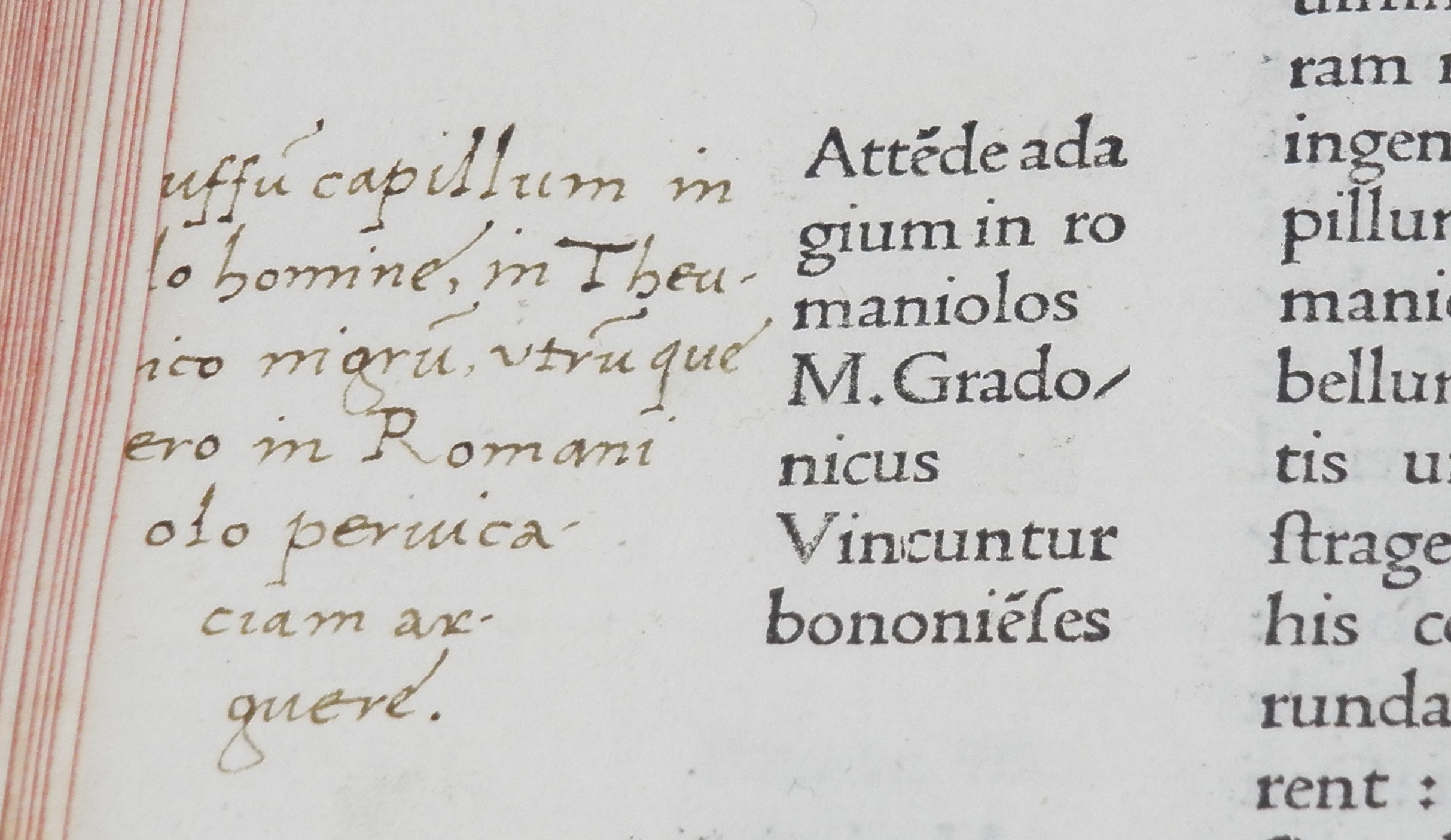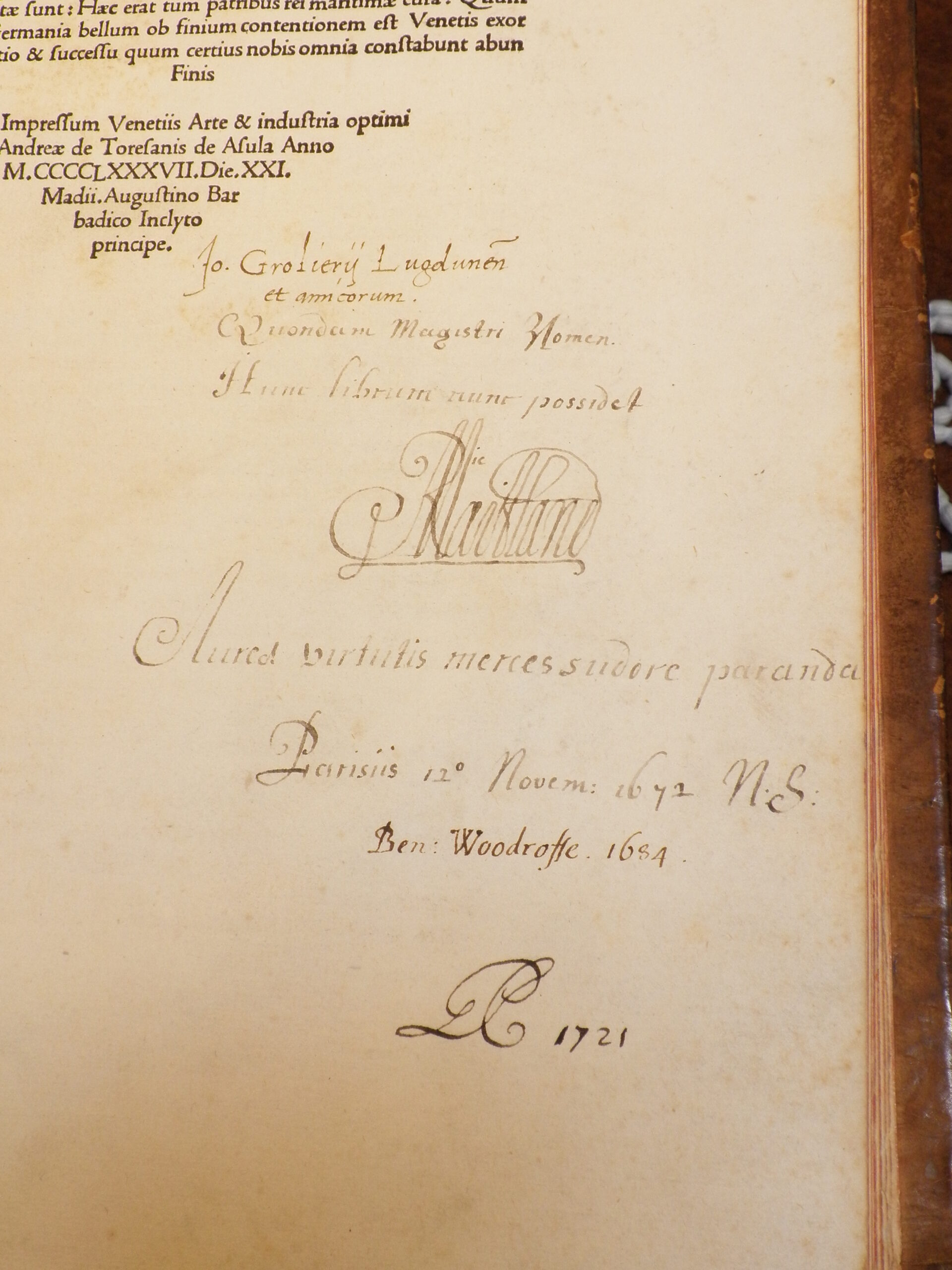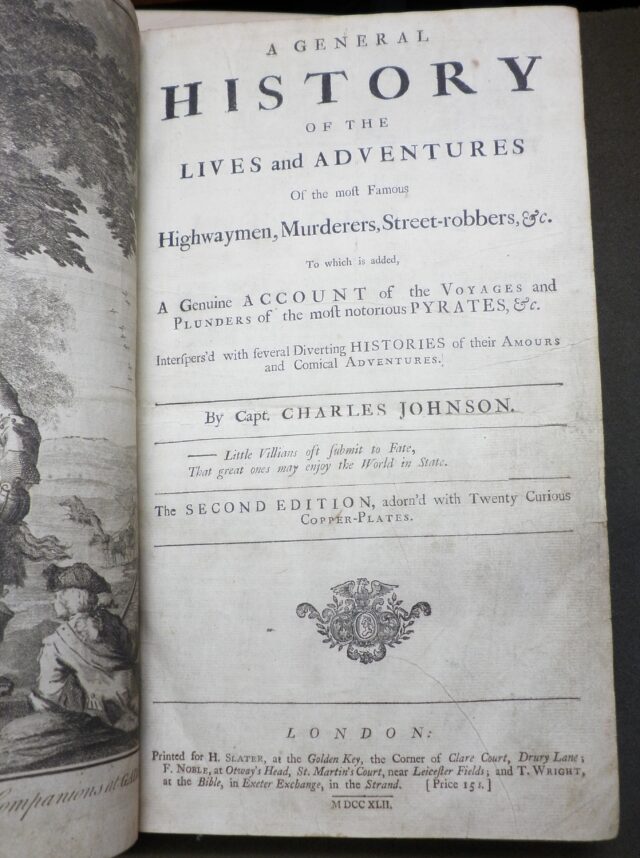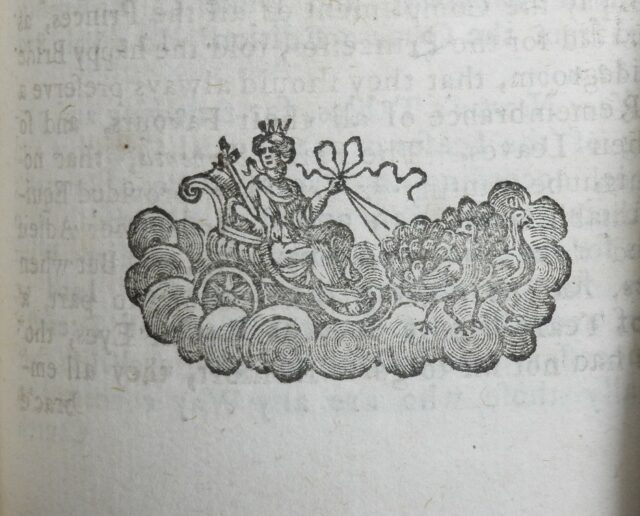An Incunable from Worcester College Library

31st July 2018
An Incunable from Worcester College Library
Marcus Antonius Sabellicus. Decades rerum Venetarum. Venice: Andreas de Torresanus de Asula, 21 May 1487.
We are busy preparing an exhibition in the Library this month, and so we hope readers might excuse a somewhat briefer post than usual. The exhibition, for Old Members of the College, is entitled ‘The Library’s Earliest Books’, to be understood in the sense of incunables, i.e. books from the very earliest days of printing, the ‘cradles’ (Latin plural: incunabula) of the printer’s skill. As this month’s treasure, we present one of these incunables: the Decades rerum Venetarum of Marcus Antonius Sabellicus.
The book itself is a work of the Roman scholar and historian Marcantonio da Coccia, known by the name Marcus Antonius Sabellicus. It is a historical work, the first in a series of official histories of the Venetian Republic (Chavasse, ‘The first known author’s copyright’, page 26). There is further interest in the text, in that the Venetian government granted the first known author’s copyright in September 1486 to Sabellicus for this work (Chavasse, page 12). The grant of this copyright recognised ‘the author’s right to choose a printer’ and provided ‘economic protection against reprinting in Venice or Venetian territories with the extremely high penalty of five hundred ducats’ (Chavasse, page 26).
The volume was printed by Andreas ‘Asulanus’ of the Torresani family. Having trained in the printing shop of the well-known printer Nicolas Jenson, Andreas Torresanus printed mostly law and liturgies, together with classics, philosophy, and history. With its exquisite illumination and fine rubricated initials, this is a work of high quality, which once belonged to the Treasurer-General of France and famous book collector, Jean Grolier de Servières (1489-1565).
In France Grolier ‘set the fashion… of collecting beautiful modern books and commissioning fine modern bindings for them’ (Bookbindings from the library of Jean Grolier, page xii). Although an 18th-century calf binding has replaced Grolier’s, his annotations, in a beautiful humanistic hand, can be found throughout the volume and his inscription beneath the colophon: “Jo. Grolierij Lugdunen et amicorum”. He has read the book very closely from cover to cover: ‘Meduocum’ has been corrected to ‘Meduacum’ using expunction (the manuscript tradition of placing dots under letters to be erased); verbs have been corrected from singular to plural; missing type has been added: on signature fii in ‘Ordelaphus’ the letters ‘delaph’ have been provided.


This is but one of Worcester’s incunables, all of which have been included in the Material Evidence in Incunabula database (MEI), thanks to the work of Hannah Ryley, Sian Witherden, James Misson, and Geri Della Rocca de Candal. More will be on display in August.
Mark Bainbridge, Librarian
Bibliography
- Bookbindings from the Library of Jean Grolier: a loan exhibition, 23 September – 31 October 1965 (London: British Museum, 1965)
- Chavasse, Ruth, ‘The first known author’s copyright, September 1486, in the context of a humanist career’, Bulletin of the John Rylands Library 69:1 (1986)














